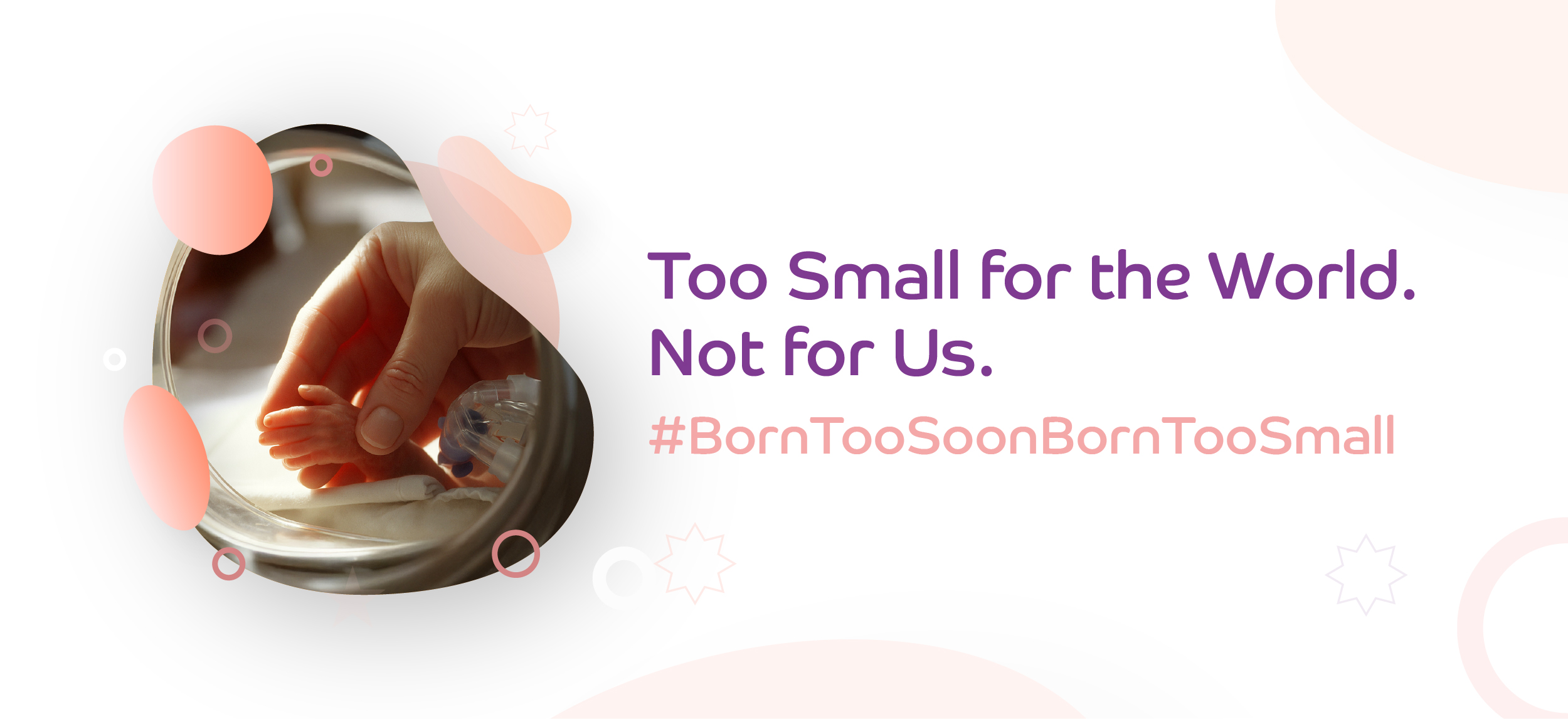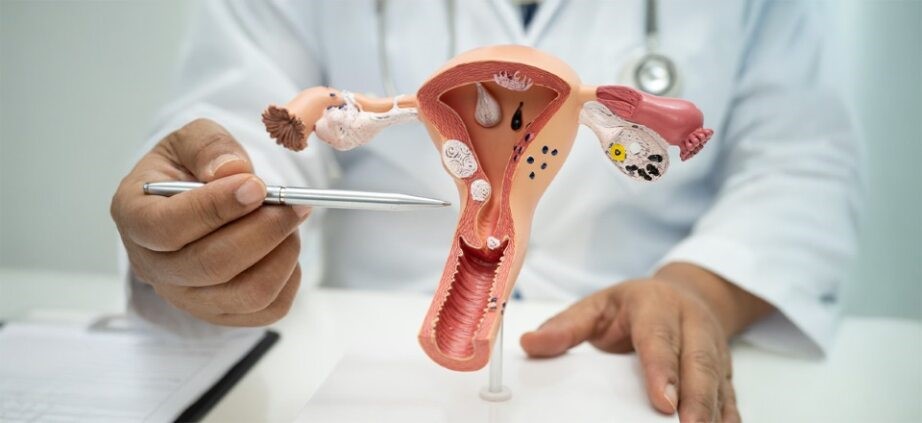Categories
Signs of Labor – All you Need to Keep in Mind
Oct 25, 2022
When you are coming towards the end of your pregnancy, numerous signs and symptoms can be an indication of labor. These signs can appear around a week before you go into labor. There may also be contractions that somewhat feel like labor, but they are actually ‘practice contractions’. Throughout your pregnancy, it is important to consult with the best gynecologist near and ask them about any queries about your pregnancy, including signs of labor.
One common concern for pregnant women is going into early labor. You may be worried whether you will know if you are in early labor. You can look out for the common signs of labor, but there is no need to worry. When the time comes, you will get signals from your body that will be recognized easily. While every labor is different with no definite pattern, some common signs of labor include:
• Easier breathing: In the hours or weeks before labor, the baby drops lower into the pelvis, which means the baby is no longer pressing against the diaphragm. As a result, you will find it easier to breathe. This is known as lightening. At the same time, you will feel the urge of urinating more often.
• Changing energy levels: In the weeks or days before labor, you may feel a sudden energy surge or might be feeling more tired than usual. You may also feel the urge to nesting and getting prepared for your baby.
• Bloody show: Usually appearing within a couple of weeks before labor, you may notice a blood-streaked or thick and pinkish discharge known as a bloody show. It is the mucus plug that seals the cervix when you are pregnant.
• Water breaking: It is one of the most common signs of labor and typically takes place within a day before delivery. Sometimes, water only breaks when you are actively in labor. It is the phenomenon of the amniotic sac rupturing, thus releasing the fluid that was inside. There might be a trickle or even a gush of water. You should notify the best gynecologist in Hyderabad if your water breaks
• Early contractions: Initially, the contractions are much like menstrual cramps that you experience every 20-30 minutes. Gradually, the contractions get more frequent and stronger. You get into active labor when the contractions start occurring every 3-5 minutes. You should have someone time your contractions or do it yourself.
• Loose bowels: Diarrhoea is also an additional indicator of labor.You should contact your midwife or doctor if your water breaks, particularly if the fluid has a foul odour or is brown or green, if there is bright red bleeding, if you feel your baby is less active, or if you have vision problems, headache, or swelling all of sudden, especially in your hands and face. If you notice these symptoms before the 37th week of your pregnancy, it could be an indication of preterm labor and you should contact your doctor immediately.
You are likely to get practice or false contractions during your third trimester. It may feel like actual labor at first, but there is no need to contact a pregnancy specialist if the contractions don’t get more frequent and stronger and are not accompanied by other signs of labor. It is one way of your body preparing for labor and you shouldn’t worry about it.
What should you do when you are in early labor?
If you notice some signs of labor approaching, you should not panic at all. Some women don’t even experience these early signs. Regardless of when you go into labor, you should call your midwife or doctor. You should inform them about the signs of labor. You may not necessarily have to visit the hospital immediately. Your doctor will guide depending on your specific situation and the labor signs you experience.
When you realize you are in labor, you will experience a range of emotions, from disbelief to excitement to even apprehension. You should try to calm yourself down as much as possible and stay focused. Try to have your partner, friend, or family member to keep you company, help you record the signs and stages of labor, and take you to the hospital when the time arrives.
To know more about the safety precautions that a maternity hospital has to take, and also for best gynecologist, contact BirthRight by Rainbow











